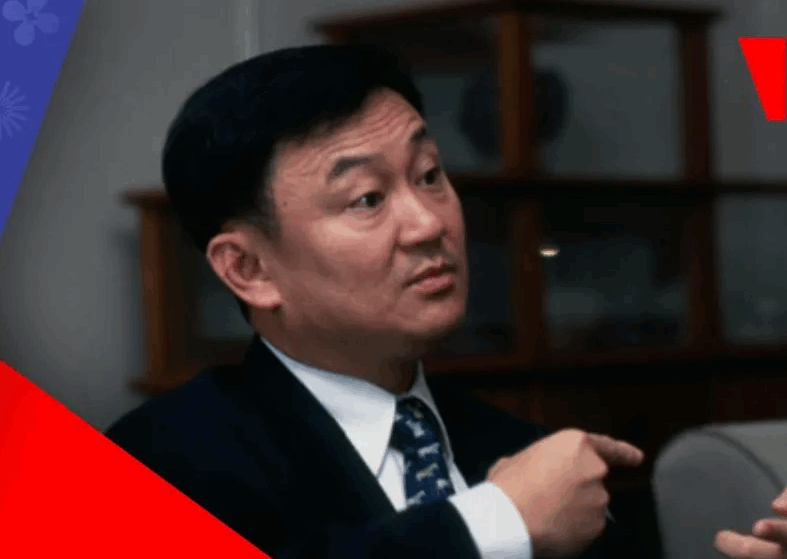Entertainment Complex as Tourism Investment
In the interview, Thaksin sought to reframe the narrative around the bill, distancing it from being merely a casino project. He stated that the proposed complexes should be seen as multi-faceted tourism investment hubs, with casinos accounting for no more than 10% of the space.
The remainder of the complexes, he said, would host concerts, hotels, and various entertainment venues, all intended to boost tourism revenue and diversify Thailand’s appeal to international visitors.
To mitigate concerns around gambling access, Thaksin proposed strict Know Your Customer (KYC) procedures. Only individuals with verifiable income and tax records would be allowed entry into casino areas, while politicians and vulnerable groups would be explicitly excluded.
Legalizing Online Gambling as Economic Reform
Thaksin also voiced support for legalizing online gambling, citing the massive loss of tax revenue to underground platforms. He estimated that Thailand’s shadow economy—including illegal online gambling, unauthorized digital content, and scams—accounts for approximately 300 billion baht (around USD 919.9 million) annually.
Regulating online gambling, he argued, would not only generate public revenue but also provide mechanisms to protect vulnerable populations, especially youth. Proposed safeguards include mandatory digital ID verification, a minimum age requirement of 20, and real-time user behavior monitoring dashboards to allow early intervention in cases of addiction or misuse.
Reform Needed Despite Political Fragility
When asked about the government’s capacity to push forward with such reforms amidst a fragile political landscape, Thaksin stressed that Thailand can no longer afford delays. He acknowledged the razor-thin majority held by the ruling coalition in parliament but insisted that the cost of inaction far outweighs the risks of political backlash.
“If we wait any longer, the underground economy will only grow stronger,” he warned, urging the government to move decisively—even if doing so risks triggering new elections. According to Thaksin, the time has come for Thailand to legalize, regulate, and modernize its entertainment and gambling sectors.













